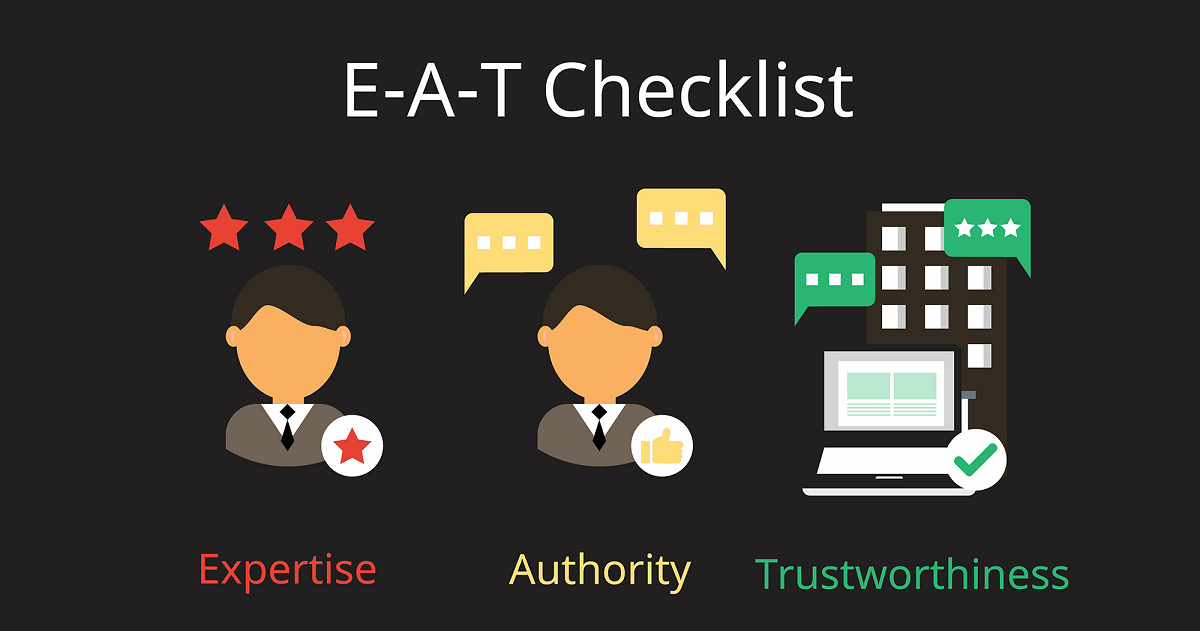BLOG
When a searcher types a query on Google, the top organic result is typically rewarded with a 28% higher click rate than the bottom ranked result. Keyword research is crucial for ranking well in search results, as higher rankings mean more free clicks. The first organic result typically gets 28% of the total clicks while the sixth-placed result only receives 5% of the clicks. Keyword research is more complicated than matching words; it's important to remember that the mindset of business owners may not match the mindset of shoppers.
Long-tail keywords
You need to understand how long-tail keywords can help your website rank higher. Long-tail keywords have low search volume and bring in fewer visitors than 'head' keywords. For example, 'plumber services manchester england' may begin as a single keyword but later become a series of related keywords. This will allow your website to be found when a potential customer types a long-tail keyword into Google's search box.
Creating a list of possible long-tail keywords is easy if you know your audience's search queries. Write down your mission and your target audience's needs and brainstorm a few keywords. Head keywords and main topics are easy to come up with, but long-tail keywords are more difficult. Use plugins to brainstorm long-tail keywords. By using the free tools provided by Google, you can find relevant content for your audience.
RankBrain
The use of RankBrain in search results is important because it helps Google understand searcher intent better and produce more relevant results. Although this new algorithm is still in its early stages, it will soon have a huge impact on how searchers use the internet. For now, however, you can use RankBrain to improve your keyword research and SEO. Read on to learn more. Weigh its benefits and drawbacks.
RankBrain identifies the relationship between keywords and phrases, using machine learning and artificial intelligence (AI) technology. It looks at the context of a search query and "concepts" to determine the most relevant results. For example, "New York Times puzzle" may include several concepts, so the search engine looks for terms that can be substituted for the terms in the query. This method is similar to synonyms, but substitute words have a larger scope of meaning and will give more accurate results.
Content strategy
One of the most important elements of a content strategy for SEO and keyword research is optimizing assets on your site. In other words, your content should address the problems your target audience is experiencing and help them advance to the next stage of the buying journey. Optimizing page elements such as title tags, meta descriptions, and body copy will increase traffic to your site and boost your ranking in search engines such as Google. You can also update your content to fit buyer personas and the different stages of the customer journey.
A content strategy starts with determining where you sit in the market and who your audience is. By doing this, you can determine what you are offering, how to position yourself, and research your competition. You can use buyer personas to better understand your audience and develop content that will appeal to them. While keyword research is an integral part of any SEO strategy, social media marketing offers a direct connection with your audience and additional channels to increase traffic.
Content ideation
While you can search through Google Trends for popular topics, a different method is to look for similar queries and related keywords. Google wants you to cover a broad range of topics for your target audience. For example, if someone searches for "Elon Musk," they are likely interested in Tesla and SpaceX as well. Related topics are also helpful because they can be plugged into your content calendar. You can also use other content ideation tools to find topics related to your target audience.
You can also use tools such as Ubersuggest to generate content ideations. This tool will display questions and related topics from social media sites and competitor websites. You can use the free version to generate keywords for your website, but it's limited to three per day. If you're looking for more in-depth keyword ideas, you can use paid tools such as Ubersuggest. The paid version includes additional features, such as core keyword analysis and project creation.
Content creation
A lot of people wonder, "Is SEO and keyword research the same," but the truth is that they are not. Keyword research is crucial to SEO. Keywords are the building blocks of online presence and business growth. Google processes over 5.5 billion search queries every day, so no one can simply target any keyword. Instead, they must focus on researching the best keywords to target their audience. In order to be successful, content must be tailored to a target audience's interests, and that is a skill that comes with practice.
Keywords are as much about your audience as they are about your content. Each person may search for a different thing when they browse a topic, so you need to understand your visitor's needs. This can be learned by talking to your customers, visiting forums and community groups, and conducting keyword research. In addition to keyword research, you can also perform spy gear and keyword research to improve your site's ranking.











